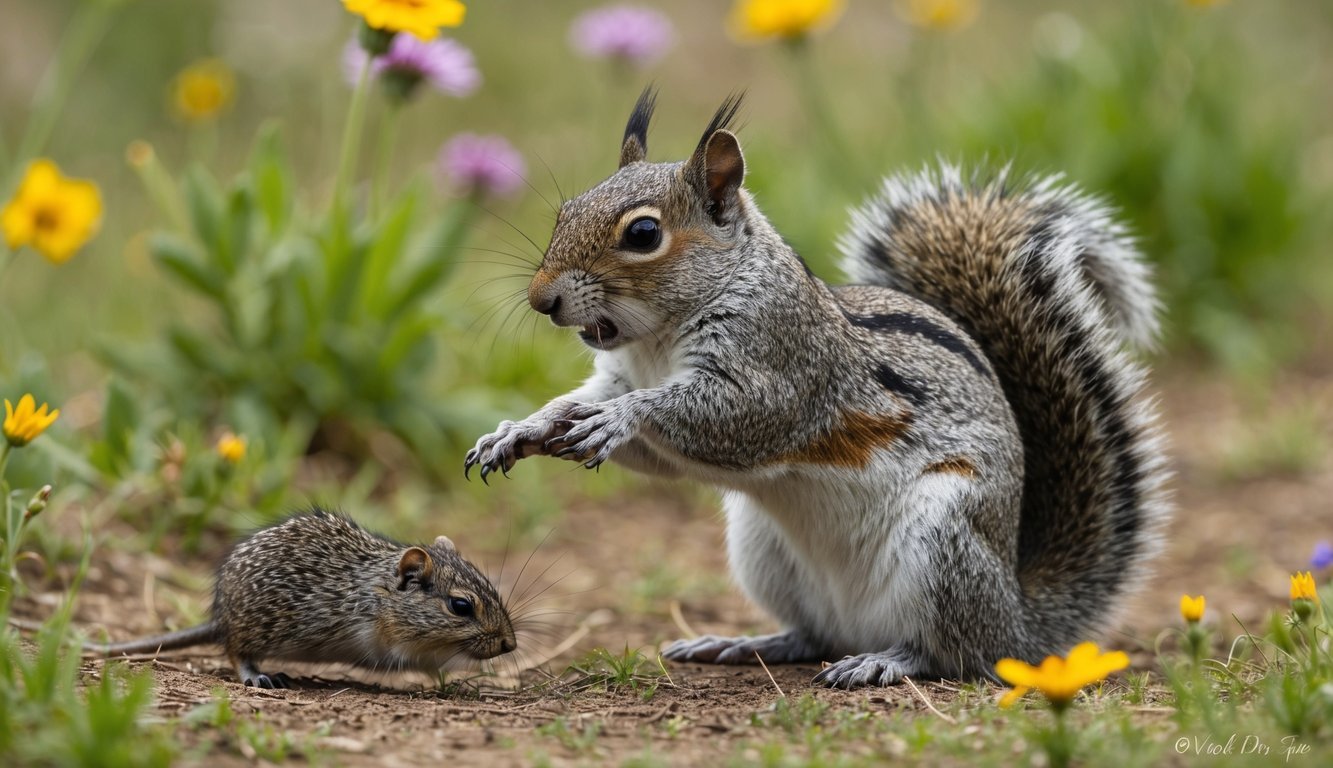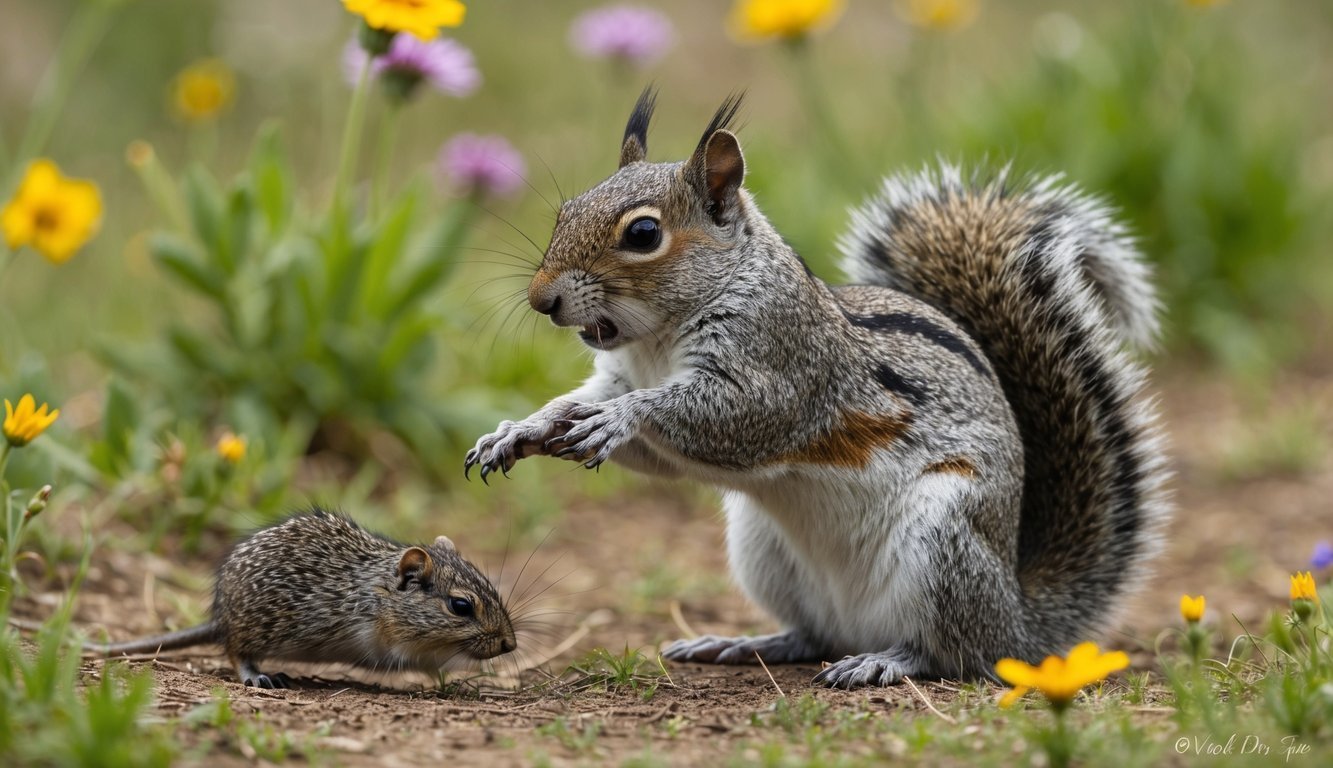
Recent research has unveiled new insights into the dietary habits of California ground squirrels, shifting their classification from primarily seed-eaters to adaptable omnivores with predatory tendencies toward voles. This study, a collaboration between the University of Wisconsin-Eau Claire and the University of California, Davis, was published in the Journal of Ethology.
Dietary Shifts Observed
The research was conducted at Briones Regional Park in Contra Costa County as part of the Long-term Behavioral Ecology of California Ground Squirrels Project. Observations documented a total of 74 interactions with voles, revealing that 42% of these encounters involved squirrels actively hunting. Lead researcher Jennifer E. Smith noted the unexpected nature of these findings, which had not been previously recorded despite extensive observations of squirrels in their natural habitats.
Carnivorous Behavior Increase
The summer of 2024 saw a significant uptick in carnivorous behaviors among the ground squirrels, coinciding with a rise in vole populations. This flexibility in their dietary choices appears to be a survival strategy in response to rapidly changing environments shaped by human influences.
Future Research Directions
Although these findings open new lines of inquiry, many questions remain regarding the full extent of hunting behaviors in ground squirrels and their ecological implications. The research team plans to return to the field next summer to investigate how these predatory habits may influence the reproductive success of squirrels, comparing new data with previous years. For more comprehensive information, refer to the original study published in the Journal of Ethology, DOI: 10.1007/s10164-024-00832-6.
“`htmlStudy Details:
- Title: Vole hunting: Novel predatory and carnivorous behavior by California ground squirrels
- Authors: Jennifer E. Smith, Sonja Wild
- Journal: Journal of Ethology
- Publication Date: 2024
- DOI: 10.1007/s10164-024-00832-6

